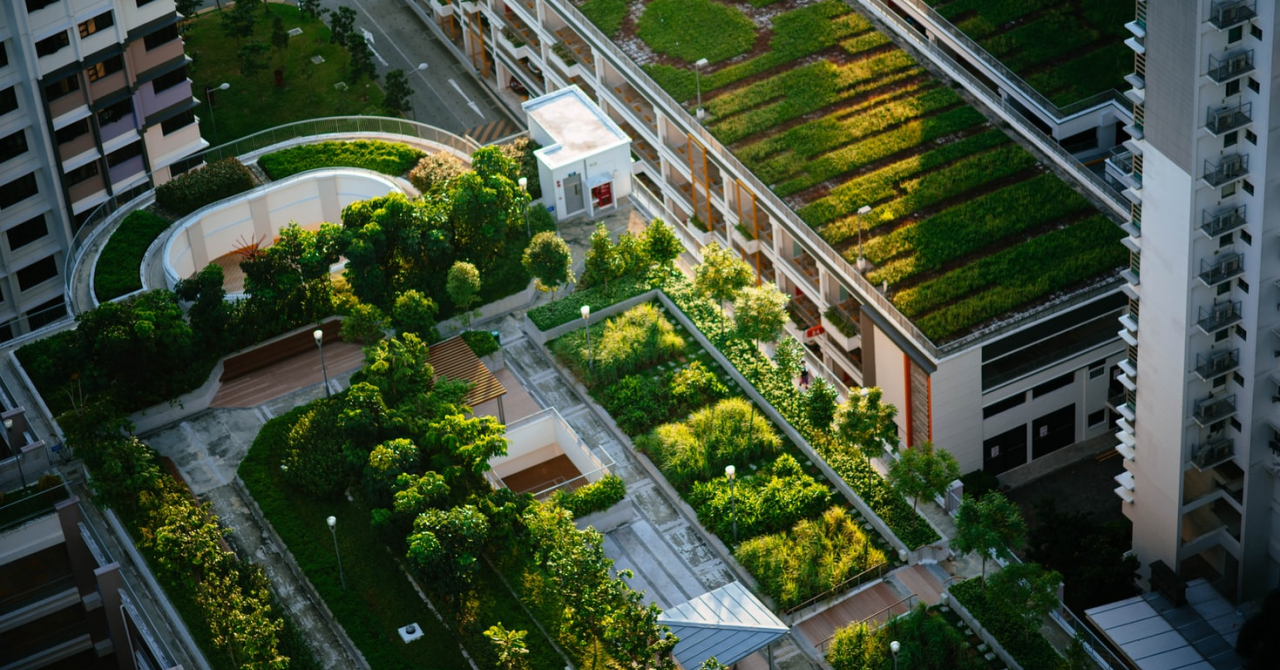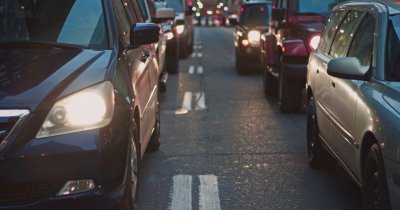Already there are cities that are innovating to help tackle challenges such as climate change.
How can you build a more sustainable city in the future? Here are four projects that could help. You can discover more projects that could us build more sustainable cities in the future on the World Economic Forum’s website.
Sponge cities
We have already seen in the last years, even more and more, how extreme weather phenomena, such as super storms, floods, vegetation fires caused by severe drought and powerful winds have wiped out from the map entire areas, and weather specialists are warning that this kind of events would continue and would be more and more severe.
Public authorities in some cities from China and Singapore have come up with some solutions.
Such as interlacing concrete neighborhoods with green spaces that can naturally detain water and act like a sponge soaking up the excess water from a flood, for example.
Vertical forests
If your city doesn’t allow for the construction of new green areas, why not make them on the vertical?
World Economic Forum shows the example of Milan. In 2017 architects have created a vertical forest on two residential towers, covering them with more than 800 and 15,000 plants. Similar projects were underway in cities in Switzerland, The Netherlands and China.
Smart mobility
Users enter their location and destination, and an algorithm calculates the most efficient journey. Public transport is then rerouted accordingly. The system was introduced during the pandemic, but if implemented in the long run, it's thought it could save up to $25 million a year.
The „20 minutes city”
Nowadays it’s becoming more and more difficult to get across the city in just a few minutes. But imagine how good it would be to have everithing within reach.
Some public authorities are working on transforming into reality this concept of the 20 minutes city, where people would have acces to work, their apartments, stores and even public services within an area that could be reached by bike or foot in just 20 minutes.
 Oana Coșman
Oana Coșman












Any thoughts?